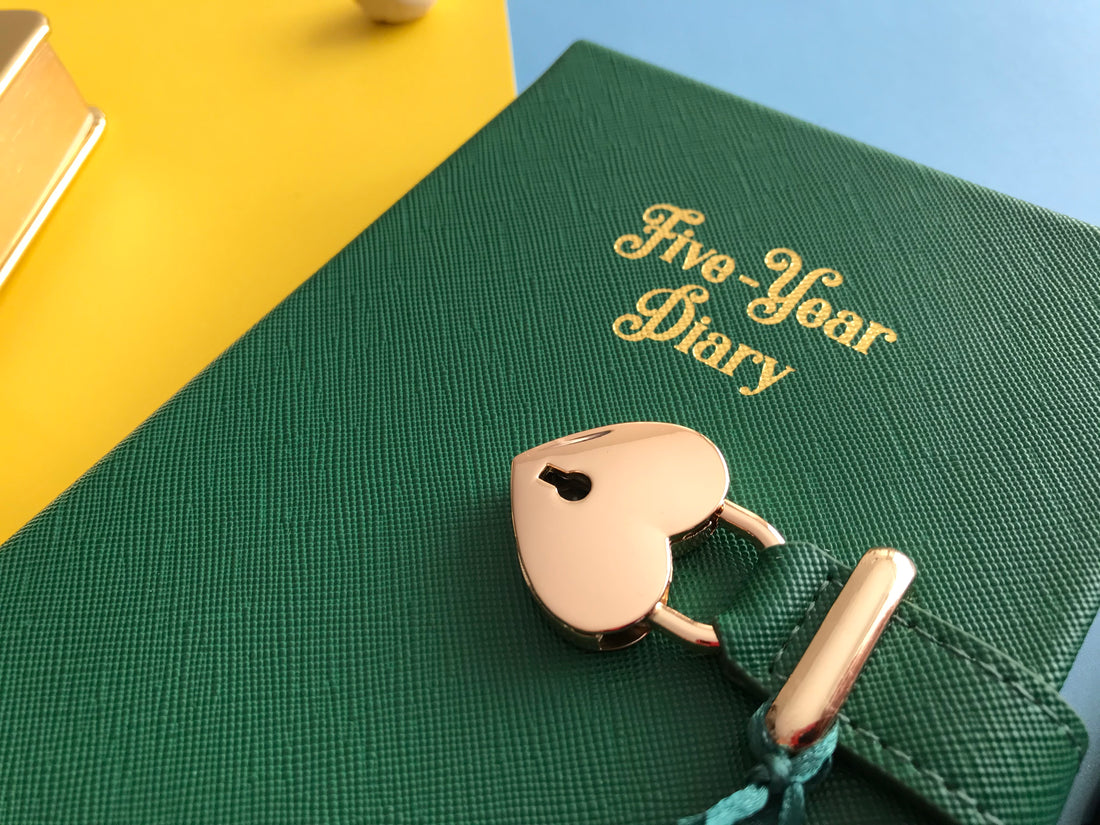by Vlad Matveeff
Writing is a medicine for your mind. Whenever you feel mentally and emotionally exhausted, writing down the things that bother you will help you structure your thoughts and bring peace to your mind.
Many therapists recommend investing time writing every day to improve your mental wellbeing. Dr. Mark Rowe MD, who is also an expert in the lifestyle medicine field, says that keeping a journal and writing in it every day is one of the habits of successful people. According to Dr. Rowe, successful people use journaling in three ways:
- to express gratitude and appreciation, both for successes and for failures;
- to examine emotional toxicity, diving into difficult emotions and what causes them;
- to explore future goals and possible obstacles you may face, including feelings and emotions that may prevent you from achieving them.
There are several techniques people can use while writing to structure their thoughts and reduce anxiety. But in what ways does writing actually work when it comes to improving mental health?
Let’s find out.
1. An Effective Mindfulness Technique
Last year, Cambridge University Press posted interesting research, which included a study of a group of people who were asked to engage in expressive writing for 15-20 minutes a day without downplaying their emotions. The research found that people who weren’t shy about expressing the emotions they experienced while writing had better physical and mental health indexes than those who wrote on neutral topics.
This research shows not only how writing just for 20 minutes a day can help your mental health, but how well it teaches you to be in the moment and acknowledge your feelings. This is called “mindfulness approach”, aimed at helping people learn how to pause and free their mind by focusing on things that are going on at a particular moment.
The benefit of writing and mindfulness is that they help you concentrate on one thing and completely free your mind from other stuff that bothers you and overcrowds your mind. Practicing them every day will help you understand your actions and behaviors better, but will also relieve your anxiety.
2. An Exercise for Emotional Intelligence
Unacknowledged emotions can lead to depression. However, writing can help you manage depression, training your emotional intelligence.
Emotional intelligence can be learned, and writing is one of the possible tools to exercise it. It can be used in the same way as mindfulness, when you describe a particular event or a thing that you observe at the moment, replacing the old negative emotion with something different.
How exactly does it work? Let’s see.
How often do you feel annoyed, although there’s no obvious reason for this emotion? You experience this emotion on a daily basis when you’re on your commute or standing in line to get a salad for lunch. This emotion gets so ingrained in your mind that you can no longer see a reason behind it.
Letting yourself pause for a second, acknowledging this emotion, and writing it down along with all possible reasons that may have caused it will help you improve your emotional intelligence and be aware the next time a certain situation might cause anxiety or simply annoy you.
3. Clearing Space in Your Head
Sometimes thoughts, feelings, and emotions overfill our minds, creating real traffic jams and bringing anxiety. What your mind needs at this point is a tool, like a traffic light, to bring some consistency and structure to your thoughts and emotions.
Other times you need a different kind of tool to completely remove some dysfunctional thoughts from your head so they don’t bother you anymore. Psychologist Diane Barth L.C.S.W. says that keeping a journal is a very good tool to help you do a real spring-cleaning in your mind. The trick is not to be afraid to confront yourself while writing and acknowledge when you’re judging yourself or feeling dissatisfied with your actions. This will help you learn how to let go of situations that bother you and free your mind from distracting thoughts.
The Bottom Line
Writing is a creative way to improve mental health. However, like most medicines, it should be taken regularly, though it doesn’t have to take hours to do. Having up to 20 quiet minutes every day for mindful writing will help ease your anxiety, calm down your thoughts and emotions, and bring peace to your mind. Stay well!

